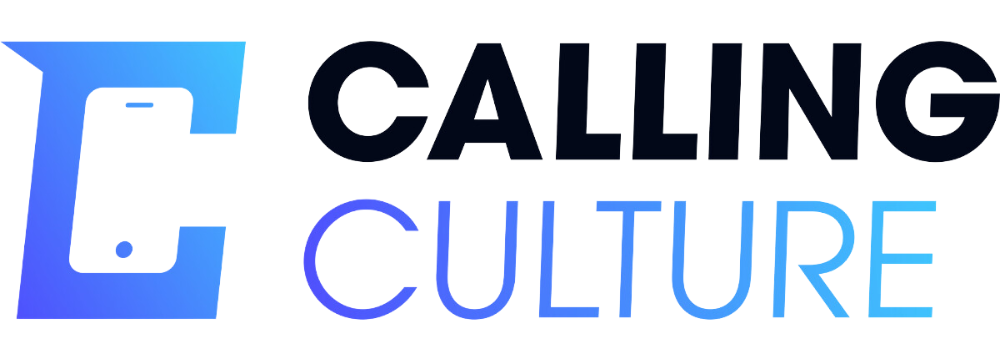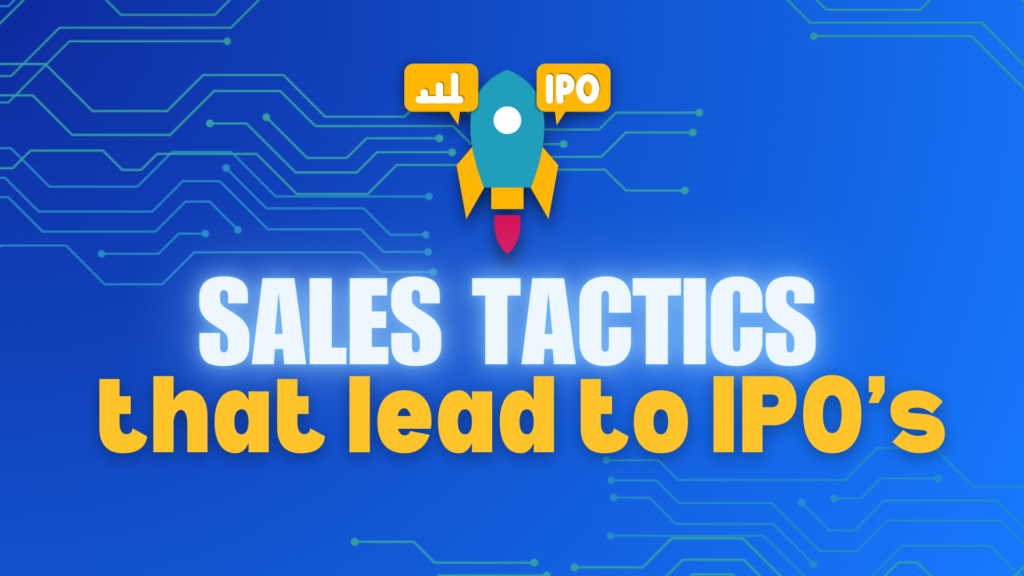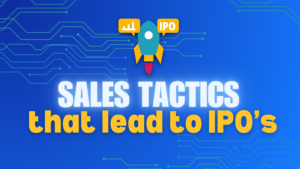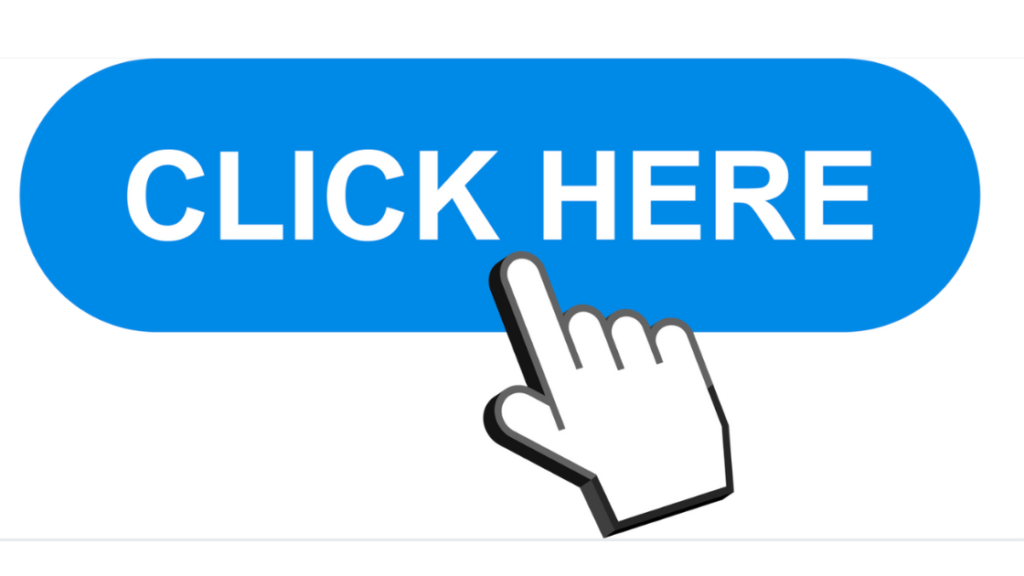Scaling a sales organization to the level needed for an IPO is a delicate balance of strategy, execution, and leadership. Your team needs to be agile, scalable and ready to implement new, experimental tactics at a whim.
Below is a quick summary of some “musts” if you want your sales team to perform like market dominators.
Hire Talent That Outpaces You
A critical factor in scaling any team is the ability to hire people who are better than you in specific areas. You need to leverage strengths that you, the sales leader or CRO, simply don’t have.
For example, when building an enterprise sales team for the first time, don’t pretend to know everything. Instead, hire someone who has successfully led enterprise sales before. Their knowledge will integrate proven methods into your broader strategy. Great leaders surround themselves with experts who elevate the entire organization.
Efficiency Over Expansion
IPO-level growth often happens in environments of constrained budgets and high expectations. In these conditions, doing more with less isn’t just a mantra; it’s a requirement. Leaders must focus on optimizing workflows, eliminating redundancies, and making every dollar spent count.
This means looking beyond headcount as a solution. Instead of hiring more reps to hit higher targets, focus on improving conversion rates through better coaching, clearer processes, and smarter tools. Efficiency is the golden metric here.
Collaborate with Finance to Scale
Scaling a sales organization requires financial backing, but CFOs often see sales requests as cost drivers. You need to frame every request as an investment with clear returns. Build a partnership with finance by showing how each spend directly impacts growth and efficiency.
This approach requires you to position yourself as a responsible leader who understands the bigger picture. By aligning your goals with the company’s financial priorities, you’ll find a more receptive audience for your strategic initiatives.
Leverage AI as a Multiplier, Not a Replacement
Artificial intelligence has become an essential tool for scaling sales, but it’s not a cure-all. Think of AI as an Iron Man suit for your team – it amplifies their abilities but doesn’t replace their skills.
AI tools can speed up tasks like personalized outreach, call analysis, and reporting. For example, ChatGPT can draft tailored emails faster, while tools like Gong analyze sales calls to identify coaching opportunities. However, the technology is only as effective as the people using it. A team that lacks curiosity and adaptability won’t fully harness AI’s potential.
Personalization as the Standard
Mass outreach no longer cuts it in today’s sales environment. High-growth companies understand the value of hyper-personalization, especially when targeting enterprise accounts. Buyers expect messaging that reflects a deep understanding of their business, challenges, and goals.
This requires research. Study your prospect’s company, industry, and role to craft messaging that resonates. While tools like AI can help automate parts of this process, authenticity is non-negotiable. Your outreach must feel relevant and human – otherwise, it risks being ignored.
Build Operations for Scale
RevOps is often the missing piece in organizations struggling to scale. A dedicated RevOps professional ensures that systems, processes, and data align with growth objectives. Without this alignment, inefficiencies pile up, slowing progress and increasing costs.
A well-functioning RevOps team standardizes workflows, optimizes CRM usage, and ensures performance data translates into actionable insights. This level of operational clarity allows your sales team to focus on what they do best: closing deals. If you’re serious about scaling for an IPO, RevOps isn’t optional – it’s foundational.
Coaching as a Growth Lever
One of the most overlooked aspects of sales leadership is coaching. Managers often get stuck in meetings or operational tasks, leaving little time to develop their teams. But if your reps aren’t improving, neither is your revenue.
Effective coaching is about consistent, hands-on development. Review calls, role-play scenarios, and provide actionable feedback regularly. Managers should spend at least 20–25 hours a week coaching, especially in high-pressure environments where small improvements can drive significant results.
In today’s market, where buyers are more cautious and competition is fierce, coaching isn’t optional. Period.
The Danger of Lazy Hiring
Scaling sales isn’t about hiring in bulk and hoping for the best. Lazy hiring – bringing in large numbers of unqualified reps and handing them scripts or tools – will lead to poor perrformance.
Great teams are built through thoughtful hiring processes. Look for candidates with curiosity, adaptability, and a willingness to learn. These traits are far more valuable than technical skills alone, especially in dynamic environments where agility matters more than experience.
The Long Game
Scaling to IPO isn’t a sprint; it’s a marathon that requires deliberate planning and execution. Every hire, tool, and process must serve the broader goal of sustainable growth.
Strategize, execute, iterate, reassess, repeat.









